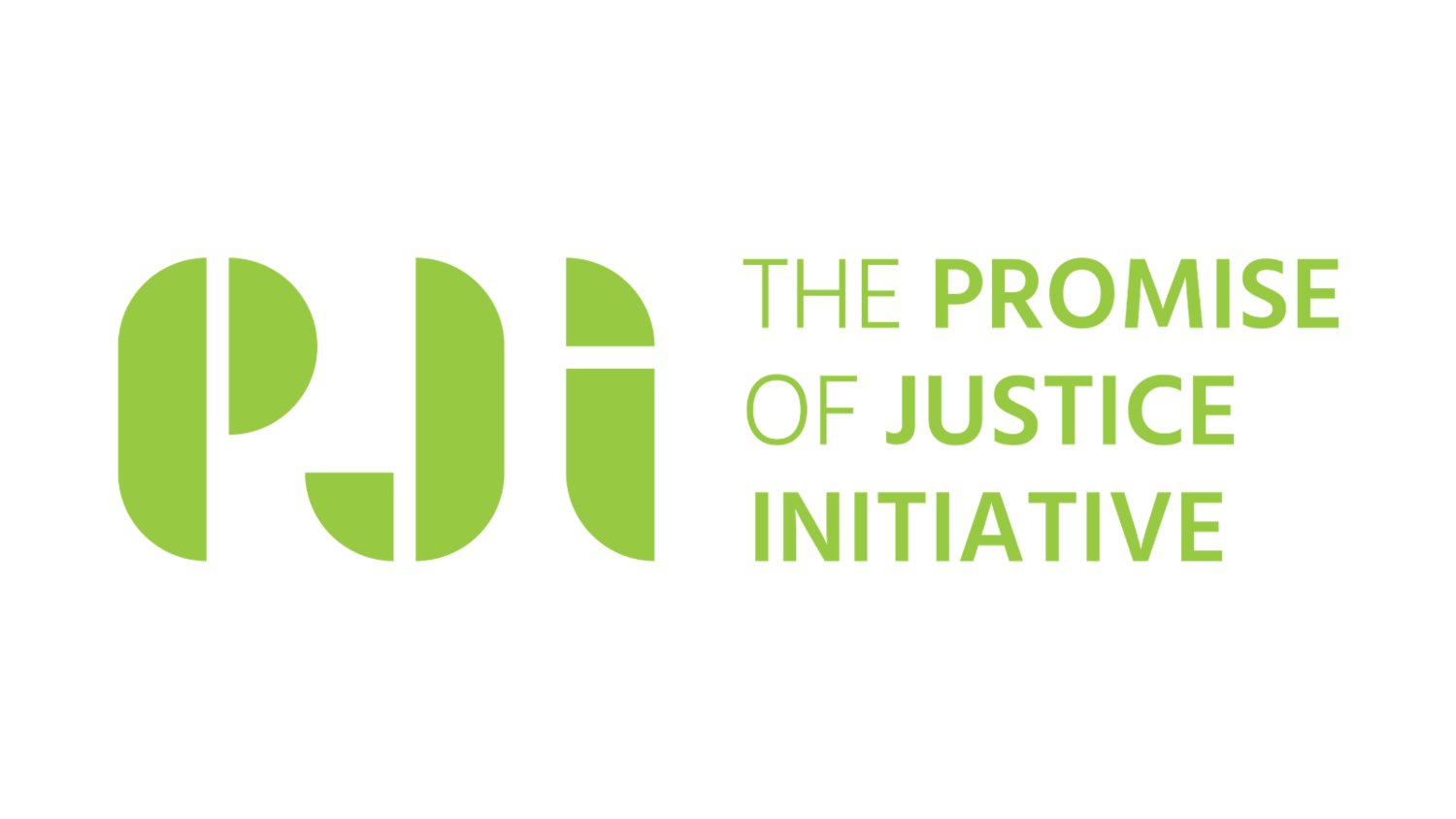
Organizing to end Louisiana's death penalty.
Letter from Louisiana Murder Victims’ Families
We are family members of murder victims. We have lost loved ones due to senseless violence. We recognize that every family member of a victim has their own individual and unique perspective, their own voice about what they have lost and endured. For different reasons, our experiences with the criminal justice system and struggling with grief leads us to the same conclusion: Louisiana’s death penalty fails murder victims’ families.
The pain of losing a loved one to murder never goes away. There is never closure. The best we can hope for is some finality in the legal process, so that we can begin healing. The death penalty, however, delays healing by prolonging the legal process. Capital cases force murder victims’ families to endure lengthy trials, decades of appeals, retrials, and constant media attention. Rather than a solution, the death penalty is a false promise that often leaves families frustrated and angry.
The state’s broken death penalty costs millions of dollars. It does not prevent crime. It does not solve crime. It does not provide services for family members of murder victims. It offers no college scholarships for children who have lost their parents, no help with housing for those who have lost a spouse. This policy makes no sense. We can do better. If Louisiana ends the death penalty, the state could invest those resources in programs that actually reduce crime and address the needs of murder victims’ families.
Despite the problems with the death penalty, some demand it for the most “heinous murders.” Less than one in a thousand murders end up with an execution in Louisiana. Are the other murders less heinous? Is the pain we endure less? We speak from experience: every murder is heinous, every murder is a tragedy. The current system divides murder victims’ families by telling most families that their loved one’s murder does not merit the death penalty while a few murders receive the disproportionate attention and resources of a capital trial. Such a policy is disrespectful to many murder victims’ families.
For whatever our individual reason, we come to the same conclusion: we want a criminal justice system that holds criminals accountable, reduces crime, and is responsive to the needs of murder victims’ families. On all these measures, the death penalty falls short. As lawmakers decide the death penalty’s future in Louisiana, we urge them to examine its true impact on murder victims’ families. We urge them to end Louisiana’s failed experiment with the death penalty.

